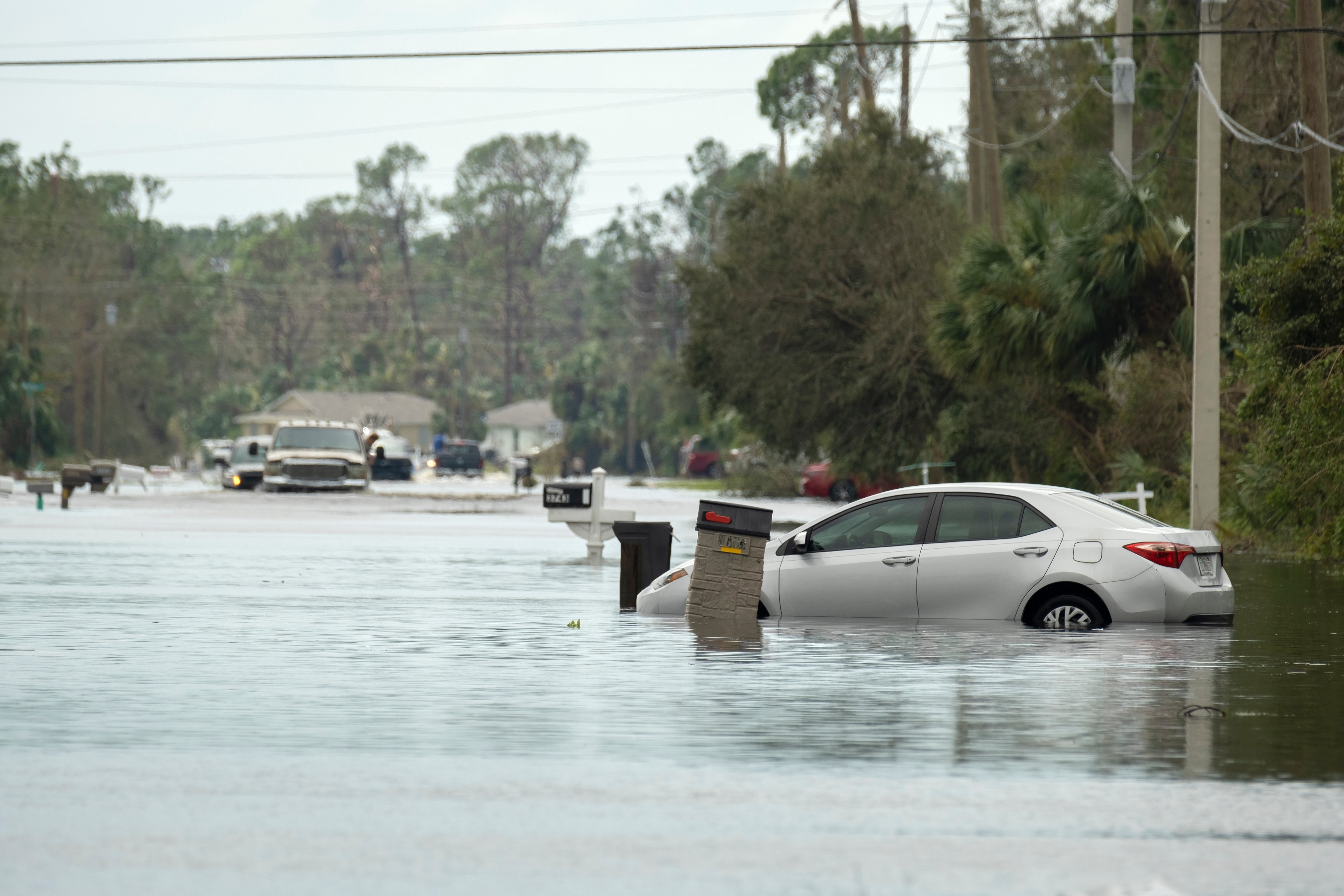Dealing with water damage in cars

Your car is designed to withstand a lot of things and situations. However, it can only do so much in certain situations, especially ones that can cause water damage. In case this happens, what are you supposed to do? Read on to find out.
Causes of water damage
The biggest disaster that causes water damage in cars is flooding. When cars are left in flooded spaces during storms, owners must be prepared to handle damage repairs in the aftermath.
One other way water damage gets in the picture is through windows, convertible top downs, or sunroofs left open. Sometimes, you forget about the rain forecast and leave the car parked outside with the sunroof open. Honest mistakes happen.
Lastly, water damage can happen after you deliberately drive your car through bodies of water or heavily flooded streets.
Signs that your car may have water damage
If any of the three happened to your car, some repairs may have to be in order very soon. Look out for signs that your car has sustained damage from water exposure so you can immediately perform needed repairs.
Dampness and Odor
Are you familiar with how clothes smell when they don't dry properly? This is the same odor that should tell you your car may have sustained water damage. Check the carpet, the trims, the seats, and basically every nook and cranny for such a smell.
This musty odor cannot simply be masked using air fresheners. You may dry your car by using a fan on it overnight with the doors open so the moisture can seep out. You can use the good old baking soda or upholstery shampoo for cleaning the car interior before you run the fan.
Electronic issues
One of the biggest problems you will face after your car is flooded or submerged in water is damage to its electronic system. Left-over moisture may cause a short circuit and damage critical parts of the car.
Check is the backlight and speedometer light up along with the start of the engine. Check if the headlight, taillight, and blinkers work properly. Check for hardened or fragile wires under the dashboard. Commonly, wires turn hard after getting in contact with water. Make sure to inspect other electric-operated parts like the air conditioning, windows, and stereo.
And of course, if the electrical unit got soaked in water, you must have it checked by your mechanic.
Contaminated car fluids
Water can find its way into the tanks and vessels of necessary fluid in your cars like engine oil, transmission fluid, and brake fluid. Check the dipstick for water droplets or if the oil itself is looking diluted.
Water can cause corrosion in fluid tanks and severe damage to your car’s engine. Undetected water damage may warrant an overhaul which is very expensive. This is why it is important to seek professional help from mechanics right away after your car is exposed to flooding or prolonged water contact.